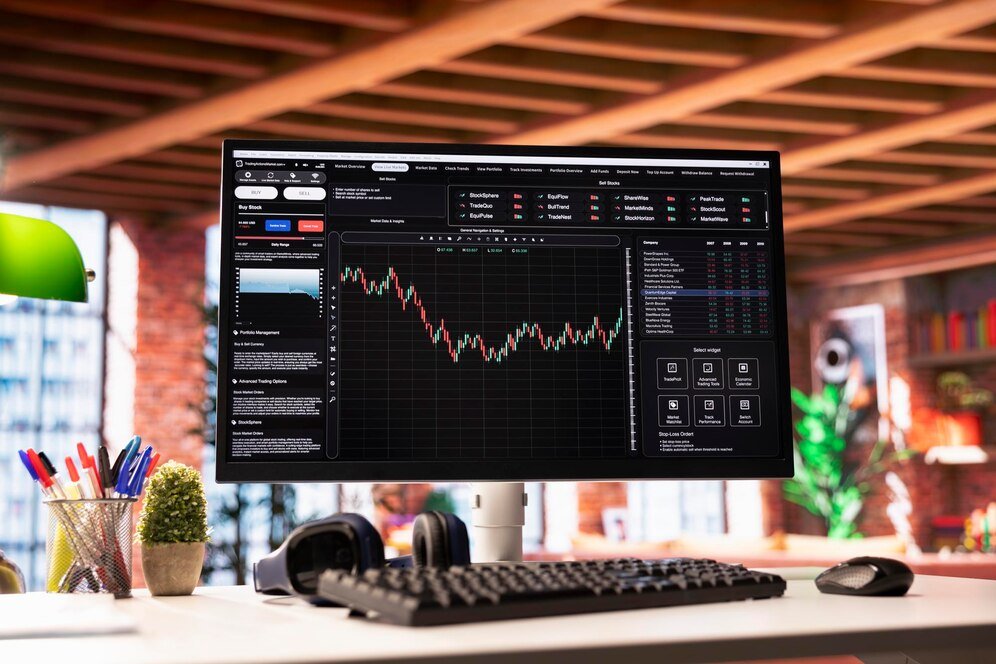As the cryptocurrency market continues to grow, investors are faced with the choice between regulated and unregulated exchanges. Each type of exchange has its own set of advantages and disadvantages, and understanding these can help you make informed decisions about where to trade. In this blog, we will explore the pros and cons of regulated and unregulated exchanges to help you navigate this critical aspect of cryptocurrency trading.
1. Regulated Exchanges
Overview
Regulated exchanges operate under the oversight of governmental and financial authorities. They must adhere to specific laws and regulations designed to protect investors and ensure fair trading practices.
Pros
- Increased Security: Regulated exchanges typically have stringent security measures in place, reducing the risk of hacks and fraud. They often employ advanced encryption and multi-signature wallets to protect user funds.
- Consumer Protection: Regulatory frameworks provide a level of consumer protection. If issues arise, users often have recourse through legal channels, which can offer peace of mind.
- Transparency: Regulated exchanges are required to maintain transparent operations, including financial disclosures and audit reports. This transparency builds trust among users and can enhance market integrity.
- Ease of Use: Many regulated exchanges offer user-friendly platforms that cater to both beginners and experienced traders, providing educational resources and customer support.
Cons
- Limited Asset Availability: Regulated exchanges may have restrictions on the types of cryptocurrencies they can list. This can limit access to emerging projects and altcoins.
- Higher Fees: Compliance with regulatory requirements often leads to higher operational costs, which can result in increased trading fees for users.
- Geographic Restrictions: Some regulated exchanges may only operate in specific countries or regions, limiting access for users in other areas.
2. Unregulated Exchanges
Overview
Unregulated exchanges operate without oversight from governmental or financial authorities. These platforms can vary widely in terms of security, user experience, and available assets.
Pros
- More Asset Options: Unregulated exchanges often list a broader range of cryptocurrencies, including many lesser-known altcoins and new projects. This can provide traders with more investment opportunities.
- Lower Fees: Many unregulated exchanges have lower trading fees compared to their regulated counterparts. This can be appealing for active traders looking to minimize costs.
- Fewer Restrictions: Unregulated exchanges typically have fewer restrictions on trading practices, allowing for greater flexibility in terms of trading strategies and the types of transactions users can make.
Cons
- Increased Risk: Unregulated exchanges are often more vulnerable to hacks and fraud. Without oversight, there is no guarantee that user funds are protected or that the exchange will operate fairly.
- Lack of Consumer Protection: Users on unregulated exchanges have limited recourse if something goes wrong, such as the exchange shutting down or experiencing a security breach. This lack of protection can lead to significant financial losses.
- Questionable Practices: Some unregulated exchanges may engage in questionable practices, such as market manipulation or lack of transparency regarding fees and operations. This can create an unreliable trading environment.
- Legal Risks: Using unregulated exchanges can expose users to legal risks, as some jurisdictions may consider trading on these platforms illegal or subject to penalties.
Conclusion
Choosing between regulated and unregulated exchanges involves weighing the pros and cons of each. Regulated exchanges offer increased security, consumer protection, and transparency, making them suitable for risk-averse investors. However, they may limit access to certain assets and charge higher fees.
On the other hand, unregulated exchanges provide access to a wider variety of cryptocurrencies and lower fees but come with increased risks and potential legal issues.
Ultimately, the choice depends on your investment goals, risk tolerance, and the importance you place on security and regulation. Regardless of which type of exchange you choose, it’s crucial to conduct thorough research and stay informed about the risks associated with cryptocurrency trading.













